Program
Please note: On Monday and Tuesday, talks were held in the Theatre Hall of X TU Delft. On Wednesday, talks were held in the Ampere Lecture Hall in the EWI Tower. Please see the venue page for more information.
The conference sessions were streamed on YouTube:
All times are specified in UTC+2 (CEST, Delft local time).
| Monday June 26 | 8:30-9:30 | Registration & Coffee |
|---|---|---|
| 9:30-9:45 | Opening Remarks
| |
| 9:45-9:50 | Sponsor Session
| |
| 9:50-11:00 | Paper Session: Acceleration Structures | |
| 11:00-11:30 | Coffee Break | |
| 11:30-12:30 | Panel: Women in Computer Graphics
| |
| 12:30-13:00 | Lunch
| |
| 13:00-16:00 | Vulkan Course
| |
| 14:00-16:00 | Royal Delft Museum Visit
| |
| 16:00-16:30 | Coffee Break | |
| 16:30-17:30 | Keynote
| |
| 18:30-20:00 | Reception
| |
| Tuesday June 27 | 8:30-9:00 | Welcome & Coffee |
| 9:00-10:40 | Paper Session: Primitives, Surfaces & Appearance Modeling
| |
| 10:40-11:10 | Coffee Break | |
| 11:10-11:15 | Sponsor Session
| |
| 11:15-12:30 | Paper Session: Deep Learning for Graphics | |
| 12:30-14:00 | Lunch | |
| 14:00-15:40 | Paper Session: Distributed & Cloud-Based Rendering
| |
| 15:40-16:25 | Poster session / Coffee Break
| |
| 16:25-17:25 | Keynote
| |
| 17:50-18:50 | Boat Tour of Delft
| |
| 19:30-20:00 | ||
| 20:00-22:30 | Barbecue at the Blue Lagoon
| |
| Wednesday June 28 | 8:45-9:15 | Welcome & Coffee |
| 9:15-10:30 | Paper Session: GPU Computing
| |
| 10:30-11:00 | Coffee Break | |
| 11:00-11:05 | Sponsor Session
| |
| 11:05-11:30 | Hot3D Invited Talk | |
| 11:30-11:50 | Awards & Wrap-Up | |
| 11:50-13:30 | HPG “Town Hall” & Lunch
| |
| 13:30-14:30 | Keynote
| |
| 14:30-15:00 | Coffee Break | |
| 15:00-17:30 | EGSR
| |
| 18:00 | Conference Banquet
|
Day 1 Select Sessions
11:30am – 12:30pmPanel
Women in Computer Graphics
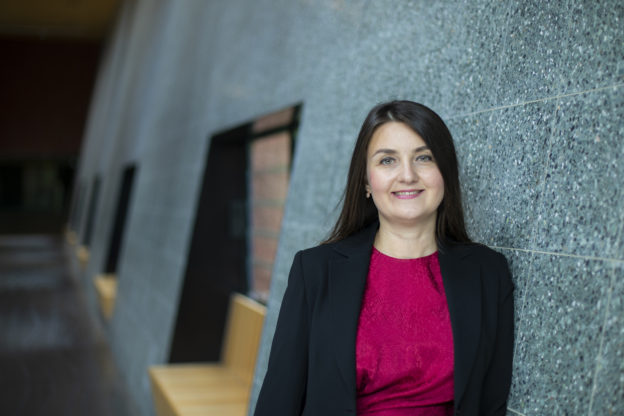
Zerrin Yumak
Utrecht Univirsity
Dr. Zerrin Yumak is an assistant professor in the Human-Centered Computing Group at the Information and Computing Sciences Department of Utrecht University. She is the scientific director of the Motion Capture and Virtual Reality Lab and founding member of the EDI Committee of her department. She has 15 years of experience in the area of socially interactive 3D digital humans. Her latest work focus on Generative AI methods for motion synthesis in particular non-verbal behaviors such as facial expressions, gestures and gaze.
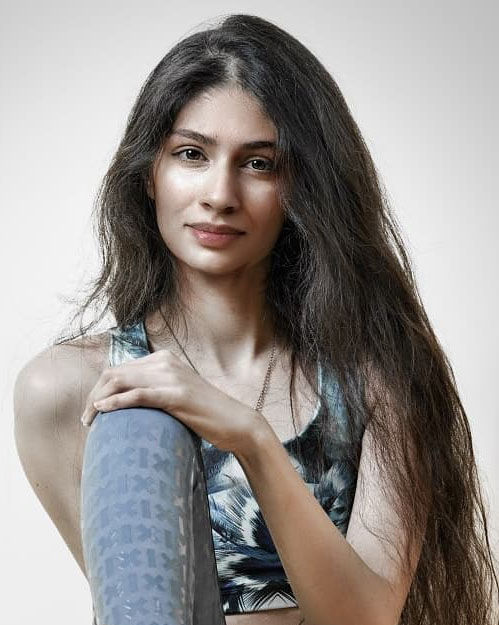
Noshaba Cheema
Max-Planck-Institut für Informatik
Noshaba Cheema is PhD Candidate at Max-Planck-Institut für Informatik (IMPRS) and researcher at DFKI (ASR). She is dealing with the animation of 3D characters using AI, for computer games, films and so that they can end up interacting with humans.
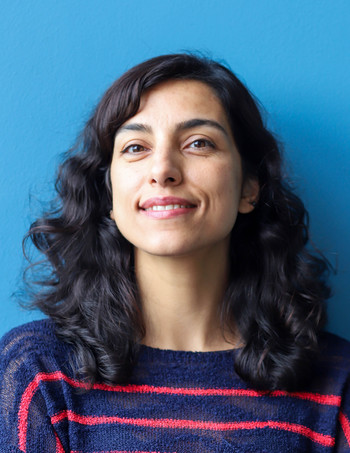
Seyran Khademi
Delft University
Since April 2021, Seyran Khademi is an Assistant Professor at the Faculty of Architecture and the Built Environment (ABE) and the co-director of the AiDAPT lab (AI for Design, Analysis, and Optimization in Architecture and the Built Environment). She is working as an interdisciplinary researcher between the Computer Vision lab and Architecture Department at ABE. Her research interest lies at the intersection of Data, Computer Vision, and Deep Learning in the context of man-made imagery including illustrations and visual data for Architectural Design. She is particularly interested in the role of AI in the creative process of design. In 2020, she was honored to be the research in residence fellow at the Royal Library of the Netherlands working on visual recognition for children’s book collection. In 2017 she was appointed as a postdoctoral researcher at the Computer vision lab working on the ArchiMediaL project, regarding the automatic detection of buildings and architectural elements in visual data focusing on Computer Vision and Deep Learning methods for archival data and street-view imagery. Seyran received her Ph.D. in signal processing and optimization in 2015 from TU Delft, followed by postdoctoral research on Intelligent Audio and Speech algorithms.
1:00pm – 4:00pmCourse
“A Gentle Introduction to Vulkan
for Rendering and Compute Workloads”
Lukas Lipp
TU Wien
Bernhard Kerbl
Université Côte d'Azure
Abstract:Join us and take your first steps with the Vulkan API, a modern and open graphics API from the Khronos Group. This Tutorial will cover the very basics but also more complex applications in the fields of real-time-rendering and GPGPU computing. No prior experience is required, though having some basic understanding will make the experience more fun. This tutorial will be presented in a lecture-only format and requires no active coding by the participants. As optional homework, participants are invited to also try out the educational Vulkan framework which was used during the Vulkanised 2023 tutorial to test their newly-acquired knowledge, as well as a separate suite of GPU compute coding tasks.

Lukas Lipp is a third-year Ph.D. Candidate at TU Wien. His area of research centers around both real-time and offline rendering, with a particular emphasis on differentiable rendering. Besides working on his own research framework which is based on Vulkan, he contributed to the development of a Vulkan programming framework used in an introductory graphics course at TU Wien as well as for a hands-on tutorial at the Vulkanised 2023 conference. He also gave lectures about Vulkan at university and at Vulkanised.
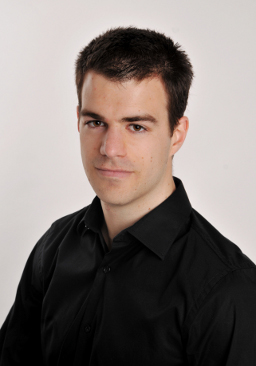
Bernhard Kerbl is a postdoc at Inria, Université Côte d'Azure in the GraphDeco group. He obtained his PhD from the Graz University of Technology, followed by a postdoc position at TU Wien. His past and current research focuses on point-based rendering, high-performance computing, differentiable rendering and novel-view synthesis. Bernhard has taught GPU programming lectures at several Austrian universities.
4:30pm – 5:30pmKeynote
“High Performance Graphics at Guerrilla,
an Art Director’s Perspective”
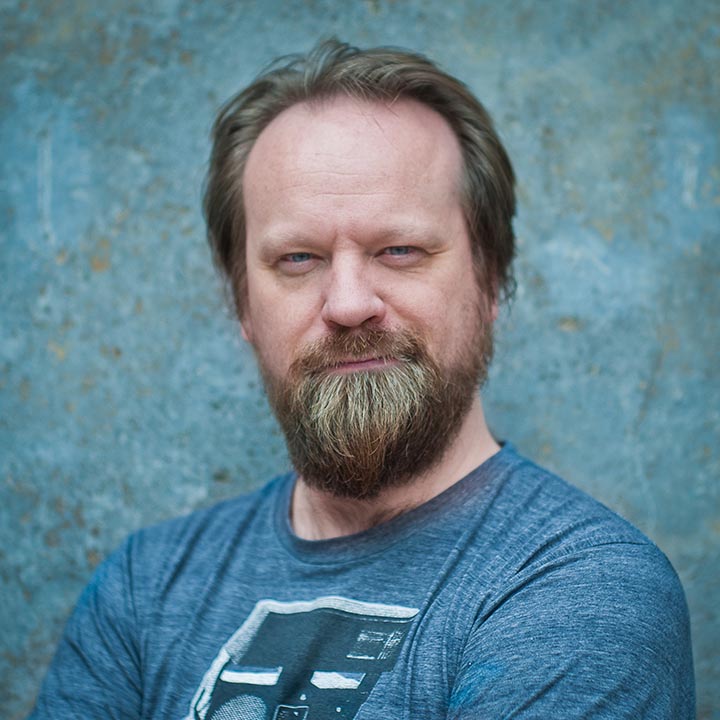
Jan-Bart van Beek
Guerrilla
As Studio Art Director, Jan-Bart van Beek oversees the art and animation quality of all Guerrilla projects at both studios. A photography student at the Royal Academy of Fine Arts in The Hague, Jan-Bart turned to computer graphics software to enhance his work. After graduation he applied his knowledge as a CG artist in the field of advertising. His ambition to create something more enduring led him to join Guerrilla, where he quickly became the Lead Artist on Killzone and the Art Director on Killzone 2 and beyond, before taking on the roles of Studio Art Director on the Horizon franchise and Studio Director at Guerrilla.
Day 2 Select Session
4:25pm – 5:25pmKeynote
“Pursuing High-Performance in Photorealistic Rendering”
Lingqi Yan
UC Santa Barbara
Abstract: In today’s world, the aspiration to achieve photorealistic computer-generated imagery has become increasingly prominent. However, the need for realism places additional burdens on the requirements of high-performance graphics, involving detailed materials, complex geometry, and costly light transport. This keynote presentation aims to explore the challenges encountered in the quest for realism and share preliminary solutions based on recent research from our group. Both offline rendering and real-time rendering will be examined, highlighting the ways in which traditional mathematical/physical approaches and modern neural networks can contribute to both domains.
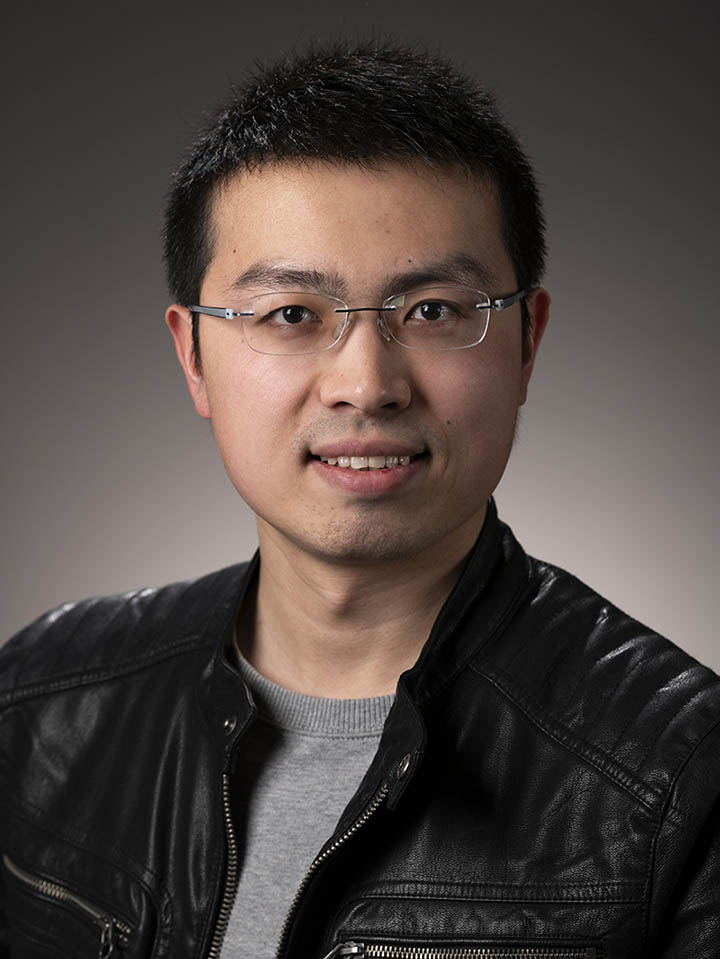
Lingqi Yan is an Assistant Professor of Computer Science at UC Santa Barbara, a co-director of the MIRAGE Lab, and affiliated faculty in the Four Eyes Lab. Lingqi strives to achieve photo-realistic rendering. His research focuses on physically-based rendering in both micro and macro ends, encompassing areas such as appearance modeling and representation, physical light transport theory, and real-time ray tracing practices. Lingqi's outstanding contributions have been recognized through various accolades, including the SIGGRAPH 2019 Outstanding Doctoral Dissertation Award and a SIGGRAPH 2022 Best Paper Honorable Mention.
Day 3 Select Sessions
11:05am – 11:30amHot3D
“Ray Tracing with Imagination:
From Caustic and Wizard to Photon”
Simon Fenney
Imagination Technologies
Abstract: Imagination has been developing and producing ray tracing hardware for around 12 years. In this talk we will look back at some of the early work that started at Caustic Graphics, e.g. the Caustic 2500 accelerator card of 2013, moving through “Wizard/Plato” that was demonstrated circa 2015, and on to “Photon”, the latest technology we offer to our silicon partners. We will look at some of the principles that have remained in common but also examine a few of the differences that have evolved over the years.

Simon Fenney is a Research Fellow at Imagination Technologies, having been a member of the PowerVR division since its inception in 1992. In the mid-1980s he studied Computer Science at the University of Queensland, specialising in graphics and parallel computing, before taking a role at Integrated Arts, developing a ray tracer for transputer arrays and, later, working on a 2D vector graphics animation system. His interests include image and texture compression, rasterisation, ray tracing, and the odd spot of gardening.
1:30pm – 2:30pmKeynote
“Multum In Parvo:
Level of Detail and Approximation Models at the Graphics Nexus”
Tamy Boubekeur
Adobe Research
Abstract: MIP maps, level-of-details, approximation models, multiresolution processing and multiscale analysis play a central role in 3D computer graphics. In this talk, I will delve into some aspects of our recent contributions to the 3D digital content creation pipeline. From material capture to real-time ray tracing, through surface reconstruction, I will emphasize how these methodologies not only allow for faster and more scalable 3D graphics, but indeed play a major role in the way we design algorithms in 3D and, ultimately, are a fundamental aspect of what we do in our field and how we can impact other areas of applied sciences.
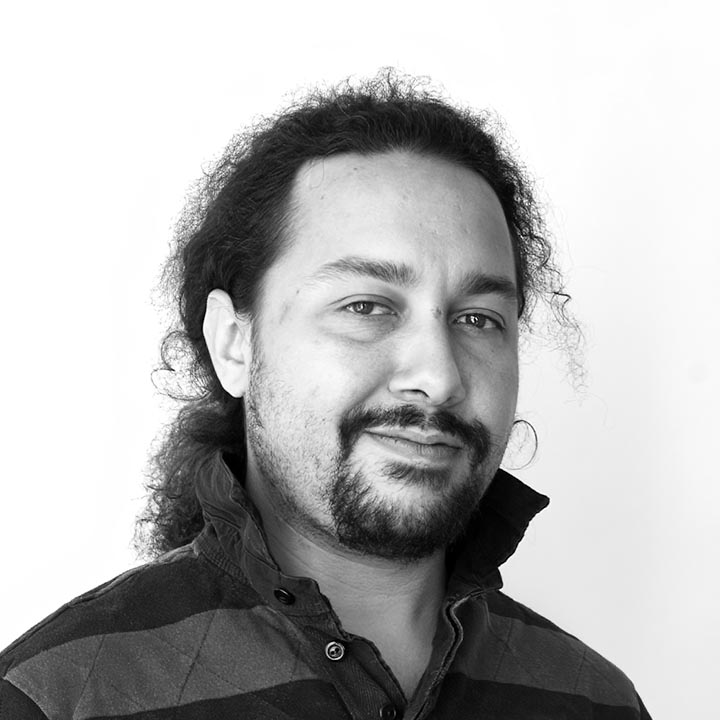
Tamy Boubekeur is a researcher in computer science, specialized in 3D computer graphics. He is currently a Lab Director and Senior Principal Research Scientist at Adobe Research, as well as a Professor at the Computer Science Department of Ecole Polytechnique, Institut Polytechnique de Paris. He is also a Professor (on leave) at Telecom Paris, Institut Polytechnique de Paris. He was previously the founder and head of the Computer Graphics Group at Telecom Paris and chief scientist at Allegorithmic. He was also an Associate Researcher at TU Berlin and a PhD student at INRIA. His lab at large works on 3D visual computing. His personal research areas focus on 3D Computer Graphics, with a special interest in Modeling, Rendering and Learning efficiently 3D data.
